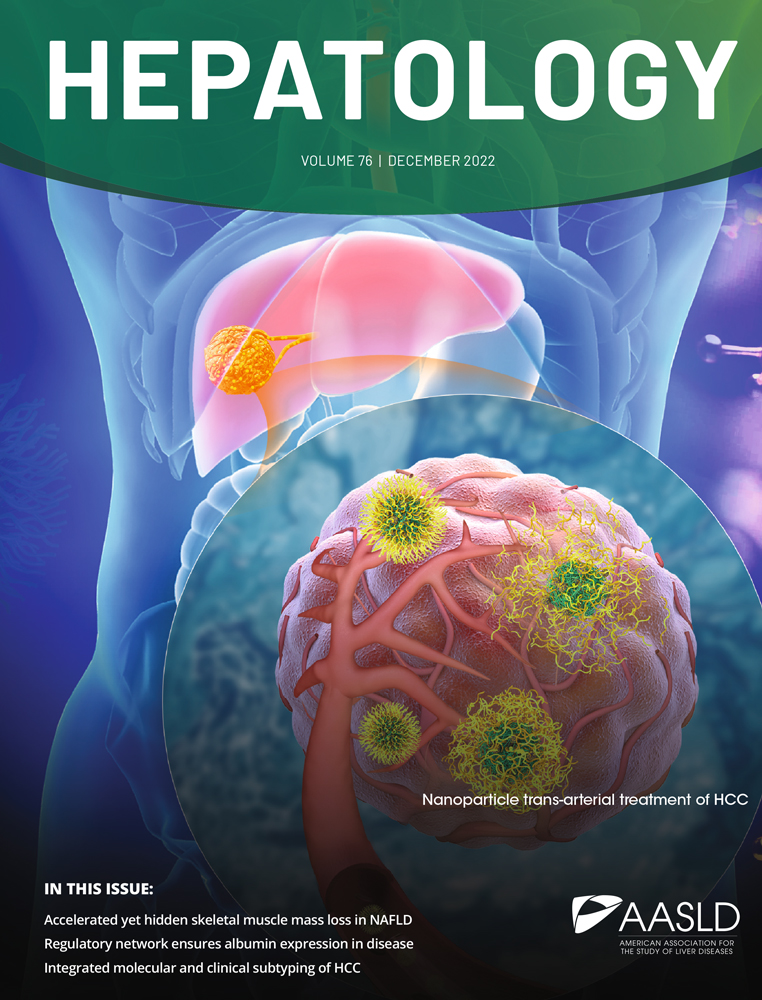Inhibition of gluconeogenesis by hypoglycin: Alternate interpretations
Abstract
Treatment of rats with hypoglycaemic doses of hypoglycin has been shown to abolish the relative detritiation of [2-3H, U-14C]glucose [Osmundsen, Billington, Taylor & Sherratt (1978) Biochem. J. 170, 337–342], indicating that both the Cori and the glucose/glucose 6-phosphate cycles were inhibited in vivo. This inhibition was confirmed and, in addition, it was shown that the conversion in vivo of both [14C]lactate and [14C]fructose into glucose was decreased after hypoglycin treatment. These results suggest that hypoglycin poisoning results in the inhibition in vivo of glucose-6-phosphatase activity, which participates in the overall inhibition of gluconeogenesis and hypoglycaemia. Clofibrate feeding apparently protected the rats against the inhibition of the fructose-to-glucose conversion by hypoglycin. However, in isolated hepatocytes prepared from hypoglycin-treated rats, the conversion of [14C]fructose into glucose and the recycling of [2-3H, W-14C]glucose were not different from that in control hepatocytes. This suggests that the inhibition was lost during preparation of the hepatocytes. The direct measurement of glucose-6-phosphatase activity showed that it was inhibited when measured in concentrated, but not dilute, homogenates prepared from hypoglycin-treated rats.




